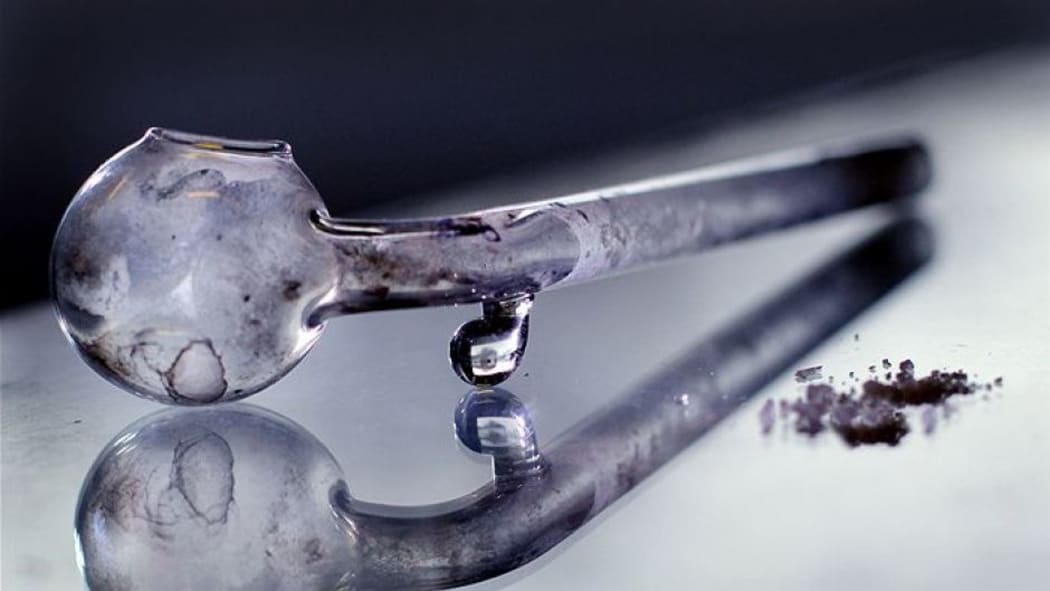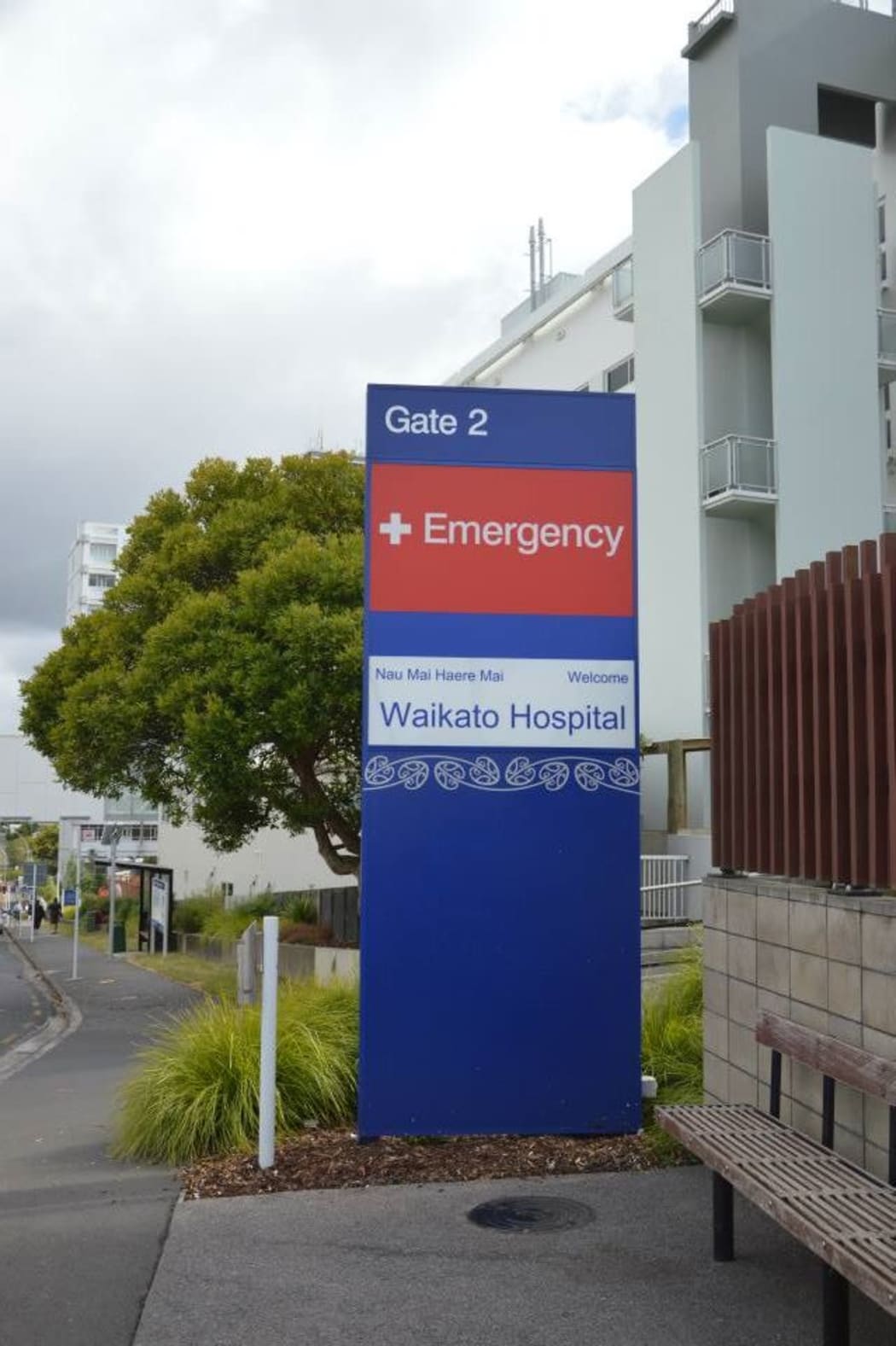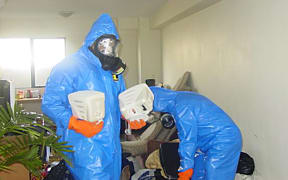Methamphetamine dealers in Waikato are targeting wealthier families to make more money, a drug rehabilitation worker says.

Photo: wikipedia
Hamilton Alcohol and Drug Community Support Trust director Stephen King said they were seeing an increase in people from financially successful families looking for help for P addiction.
He said with some people spending up to $2000 a day on their habit, dealers were seeking out those who could afford more.
"The wealthier families are quite obviously being targeted. These guys are in the business of selling methamphetamine for profit.
Mr King said clients often came for help because of the significant consequences of meth abuse.
"In trouble with the law, family breakdown, financial problems as money is spent on meth, nowhere to live, loss of employment.
"People who have been using methamphetamine often crash and go to sleep for up to two three days. It's very hard to hold down a job and do the tasks that are expected of you."
Mr King said wealthier clients were often working in the family business, which was a double whammy as families were dealing with a drug user in the family and the workplace.
Waikato District Health Board addiction services clinical director Tejpal Singh said the DHB and other agencies in the region were seeing increasing numbers of people from across the spectrum accessing treatment for methamphetamine abuse.
But he said that was just the tip of the iceberg as the drug was readily available in the community.

The Waikato DHB and other agencies in the region are seeing increasing numbers of people accessing treatment for methamphetamine abuse. Photo: Supplied / Waikato DHB / Facebook
Dr Singh said with meth patients in Waikato currently having to wait until the end of March to enter a residential facility, there was a need for more services.
"To be honest I think we don't know what to do with the meth epidemic that is sweeping the country and causing new people to become hooked on this problem.
"We have some beds, there is a national methamphetamine initiative there and I think we can do with doubling those bed numbers."
Dr Singh said patients who had been stable after receiving treatment for opioid abuse were now developing meth habits because it was easily accessible and highly addictive.
"This is leading to instability in these patients. Increasing incidents of high risk injecting behaviour, sharing needles and physical health complications like blood borne viruses like Hep B, Hep C, so these things are increasing.
"You are also more prone to psychiatric problems like depression, anxiety, psychosis and that includes paranoia, hallucinations and that can lead to violence.
"Every weekend we are finding lots and lots of calls to the police from women who have become victims of domestic violence. Meth is now becoming a significant contributor to this escalation."
Dr Singh said about 95 percent of the female meth users they were seeing were working in the sex industry as there was no other way they could afford such an expensive drug. "It is causing quite a bit of misery."
Mr King agreed there was a need for more residential services to cope with the surge in meth use in the region.
"Residential rehab provides a bit of distance from the community so the drug is not readily available or in your face. So residential rehab has that secondary benefit.
He said Waikato purchases out of region treatment services but it wasn't meeting the need. "It's a tsunami that's already happening."
Both Stephen King and Dr Singh said the meth problem in Waikato was likely similar to what was occurring throughout the country.




